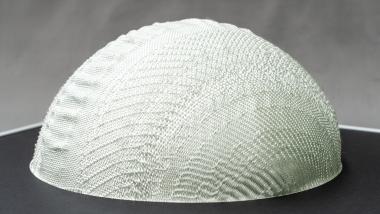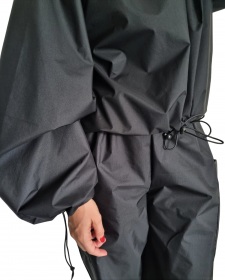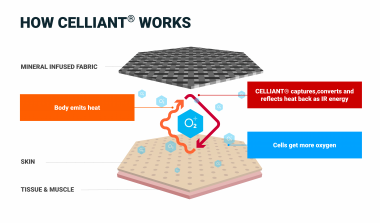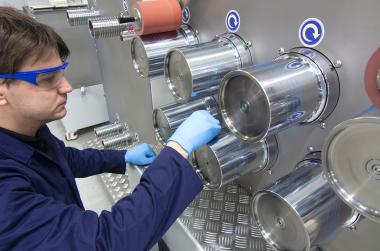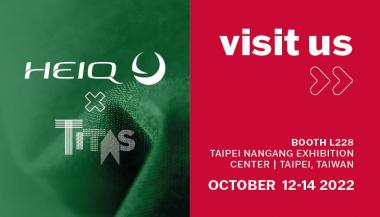Ministry of Textiles again supports Techtextil India
Techtextil India is scheduled to take place between 12 – 14 September, 2023 in Mumbai. The continued support from the Ministry of Textiles demonstrates the huge emphasis laid for this key sector in boosting the economy of the country given the enormous scope to grow rapidly apart from the remarkable opportunities present to do business in India.
Techtextil India is the country’s leading trade fair on technical textiles, non-wovens, fibres, yarns and machinery. With almost eight months to go, the three-day business event has received an overwhelming response from various companies who will be seen showcasing their latest solutions and products for key application areas.
Commenting on the developments, Mr Raj Manek, Executive Director and Board Member, Messe Frankfurt Asia Holdings Ltd, shared: “We are elated to have received the support from the Ministry of Textiles, Government of India and believe that it will bring in strong value to the technical textiles segment of our trade fair while opening doors to lucrative business engagements for the industry. We are optimistic that it will gain for us a wider reach and increase our credibility among the industry.”
The last edition of Techtextil India in November 2021 emerged as a crucial meeting place for the technical textile players. Even though the show happened to be the first post lockdown edition it garnered an attendance of 4,087 visitors due to live demonstration of latest products and technologies from over 150 technical textile brands.
Messe Frankfurt (HK) Limited















